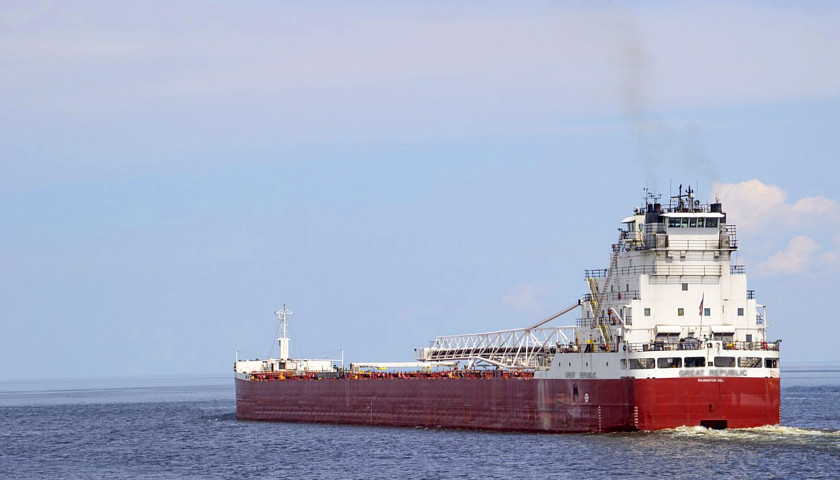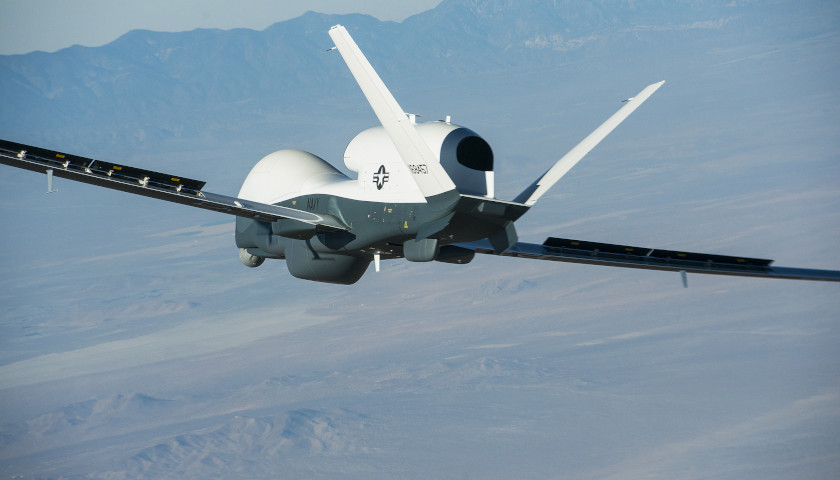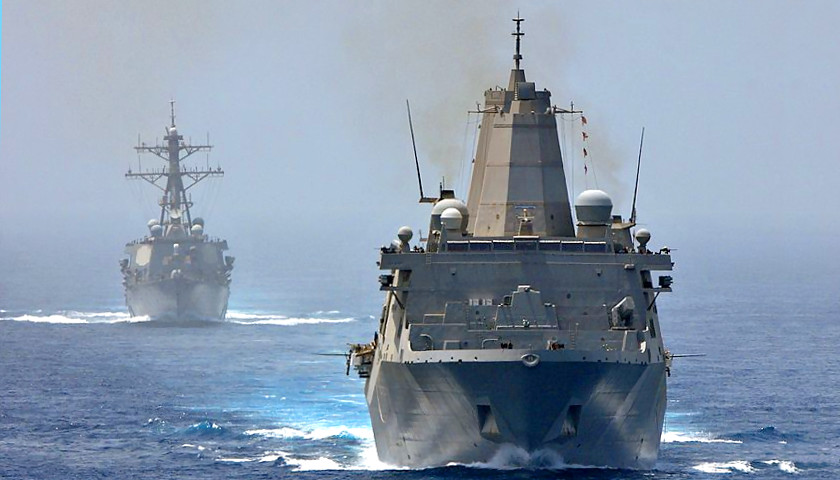China is expanding its military presence in the Middle East, which could obstruct American forces in the region from mobilizing if Beijing decides to invade Taiwan, leaving the island with reduced defenses, according to foreign policy experts.
President Joe Biden was briefed Tuesday by his advisors on a Chinese plan to build a new military facility in Oman bordering the Arabian Sea, which would advance Beijing’s goal of increasing its Middle East and overseas presence, according to Bloomberg. By establishing military strong points in the Middle East, China can hinder and disrupt American forces in the region from mobilizing effectively and redirecting toward Taiwan if Beijing invades, which could leave the island with lesser defense capabilities, according to foreign policy experts.
Read the full story



